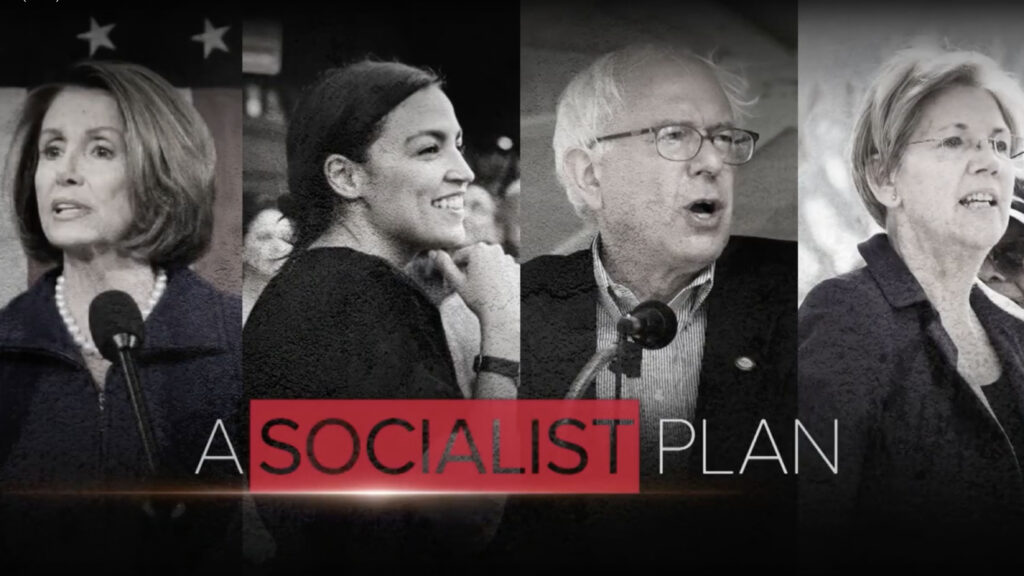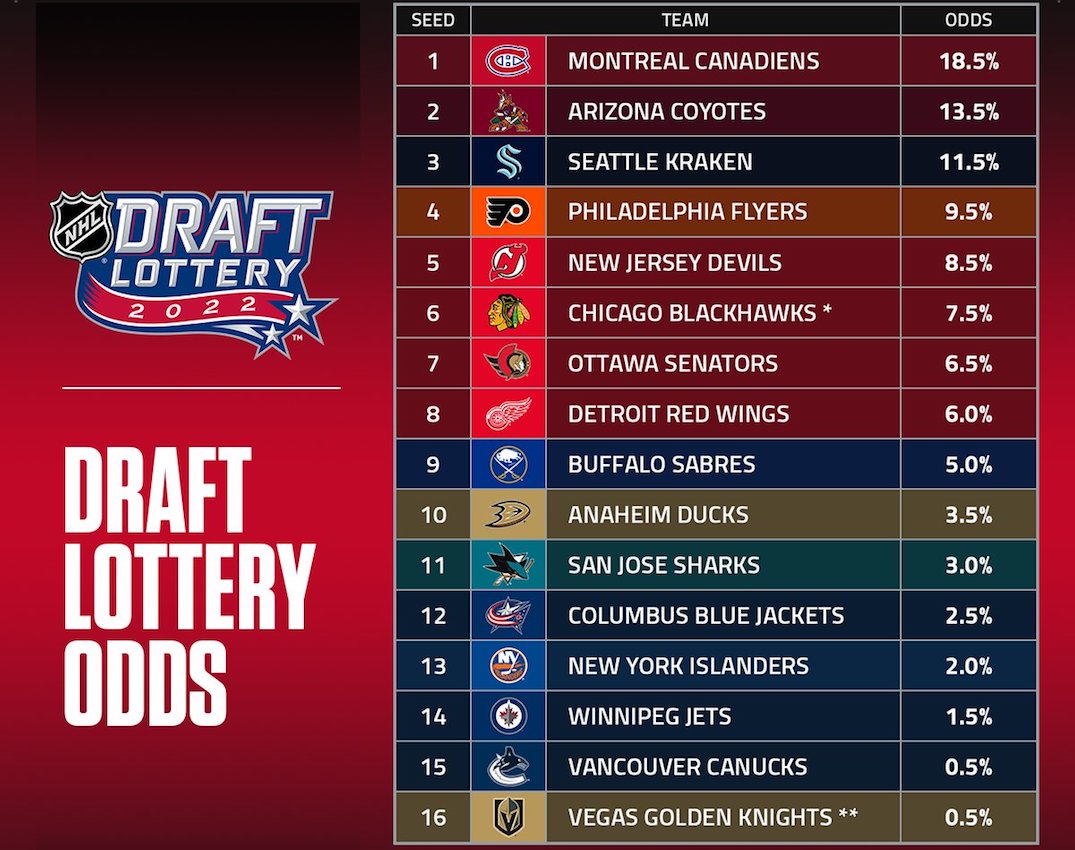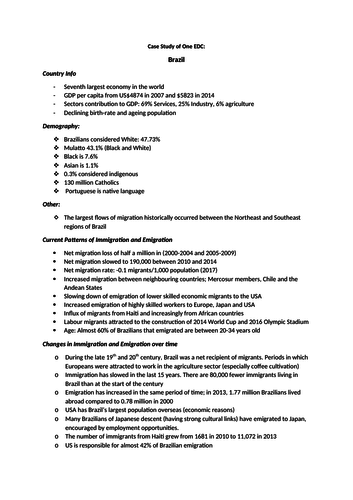Drug Pricing Reform: GOP Budget Includes Middleman Crackdown

Table of Contents
Understanding the Role of Pharmaceutical Middlemen in Inflated Drug Prices
Pharmaceutical middlemen, a complex network of intermediaries, play a significant role in driving up the cost of prescription drugs. These middlemen primarily include Pharmacy Benefit Managers (PBMs), pharmaceutical wholesalers, and other entities involved in the drug distribution chain. Their practices often lead to higher drug costs for consumers and increased healthcare expenditures.
Several practices contribute to inflated drug prices:
- Pharmacy Benefit Managers (PBMs): These companies manage prescription drug benefits for insurance plans. Their practices such as spread pricing (the difference between what they pay and what pharmacies charge), rebate manipulation (keeping rebates instead of passing them to consumers), and complex administrative fees significantly inflate costs.
- Pharmaceutical Wholesalers: These companies distribute drugs to pharmacies. Their pricing strategies and markups can contribute to higher drug costs.
Here’s how these middlemen inflate drug prices:
- Spread Pricing: PBMs negotiate lower prices with drug manufacturers but charge pharmacies a higher price, pocketing the difference.
- Rebate Manipulation: PBMs often receive rebates from drug manufacturers, but instead of passing these savings onto consumers, they keep a significant portion for themselves.
- Complex Administrative Fees: PBMs charge numerous opaque and often excessive administrative fees to pharmacies and insurance companies, further increasing the overall cost of prescription drugs.
Key Provisions of the GOP Budget Targeting Middlemen
The GOP budget includes several key provisions designed to reform the role of pharmaceutical middlemen and lower drug prices. These provisions aim to increase transparency and accountability within the drug pricing system, ultimately benefiting consumers. The proposed drug pricing reform legislation focuses on:
- Increased Transparency in PBM Practices: The budget calls for greater transparency in PBM practices, requiring them to disclose their pricing models, rebates, and administrative fees.
- Restrictions on Spread Pricing: The GOP aims to limit or eliminate spread pricing, ensuring that the savings negotiated by PBMs are passed on to consumers.
- Requirements for PBM Rebate Pass-Through to Consumers: The proposal mandates that PBMs pass on a greater share of drug rebates to consumers, resulting in lower out-of-pocket costs.
- Enhanced Oversight and Regulation of Middlemen: The budget proposes increased oversight and stronger regulation of pharmaceutical middlemen to prevent manipulative practices and ensure fair pricing.
However, challenges to implementation exist. Powerful lobbying efforts by the pharmaceutical industry and PBMs could hinder the progress of these provisions. Further, crafting regulations that are both effective and avoid unintended consequences will require careful consideration.
Potential Impact of Drug Pricing Reform on Consumers and the Healthcare System
The GOP budget's drug pricing reform measures have the potential to significantly improve prescription drug affordability for millions of Americans. Lower drug prices would translate into substantial consumer savings, easing the financial burden on individuals and families. This could lead to improved patient adherence to prescribed medications and better overall health outcomes.
However, potential negative consequences must be considered. For example, reduced profitability for pharmaceutical companies might lead to less investment in research and development of new drugs. There is also a risk that drug manufacturers might respond by raising list prices, negating some of the intended benefits. Furthermore, the impact on healthcare spending and the pharmaceutical industry needs careful evaluation. The ultimate success of this reform will depend on its effectiveness in lowering drug prices without harming innovation or access to essential medications.
Conclusion: The Future of Drug Pricing Reform and the GOP's Middleman Crackdown
The GOP budget's focus on pharmaceutical middlemen represents a crucial step in addressing the escalating crisis of prescription drug costs. By targeting the practices that inflate drug prices, this proposal aims to deliver tangible relief to consumers. The potential benefits of this drug pricing reform, including increased affordability and improved access to essential medications, are significant.
However, the success of this initiative depends on effective implementation and ongoing monitoring. The debate around drug pricing reform is far from over, and the coming months and years will be critical in shaping the future landscape of prescription drug access and affordability. Stay informed about developments in drug pricing reform and the ongoing efforts to curb the influence of pharmaceutical middlemen. Your engagement is crucial to advocating for prescription drug cost reform and pharmaceutical middleman reform, ultimately working towards lowering drug prices for all.

Featured Posts
-
 Islanders Claim First Overall Pick In Nhl Draft Lottery
May 13, 2025
Islanders Claim First Overall Pick In Nhl Draft Lottery
May 13, 2025 -
 Get Doom The Dark Ages For 17 Less
May 13, 2025
Get Doom The Dark Ages For 17 Less
May 13, 2025 -
 Analisis Pertandingan Ac Milan Vs Atalanta Prediksi Skor Head To Head Dan Susunan Pemain
May 13, 2025
Analisis Pertandingan Ac Milan Vs Atalanta Prediksi Skor Head To Head Dan Susunan Pemain
May 13, 2025 -
 Cutting Drug Costs Republicans Introduce Middleman Reform In Budget
May 13, 2025
Cutting Drug Costs Republicans Introduce Middleman Reform In Budget
May 13, 2025 -
 Byds Growing Global Ev Lead A Case Study In Brazil
May 13, 2025
Byds Growing Global Ev Lead A Case Study In Brazil
May 13, 2025
